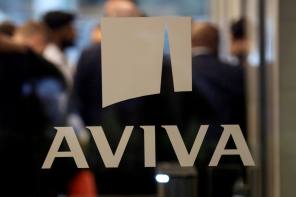

The Royal London-owned Ascentric platform has confirmed its recent problems surrounding the migration of clients on its platform have been fixed.
Ascentric conceded it had taken weeks to fix the bugs which had seen some clients experience problems with receiving income payments after they were migrated to its new platform.
Royal London said "very few" clients had been caught up in the disruption, and it had ensured those that had were not left out of pocket. But the mutual would not comment on how many clients had been awarded compensation as a result of the issues.
Ascentric is moving clients to a revamped platform in what it said was a "phased approach" to replatforming in order to mitigate the challenges presented by the new technology underpinning its new platform.
So far, about 10 per cent of assets have been moved and Royal London expects a full migration to be completed by the end of this year.
Phil Loney, CEO of Royal London, said: "We fixed the issues with the platform within weeks, rather than months.
"The amount of clients who experienced problems was in the tens as opposed to thousands. Any of our clients that experienced problems would have been compensated but the issues on the platform did not cause advisers any detriment."
Assets on the platform grew 5 per cent in the first half of this year, from £14.4bn last December to £15.1bn, and 26 per cent since January 2017, when they stood at £12bn.
Problems with asset migration had first emerged in July, in the wake of Aviva and Aegon's fateful replatforming exercises.
Aviva had been hit by a string of problems affecting payments for people in drawdown, adviser payment and asset allocation since replatforming in January. Aegon was hit with similar issues later in the year.
Aegon reported this morning (16 August) that it had spent £3bn in June this year to compensate advisers who experienced issues.
The Financial Ombudsman Service (Fos) estimated in June it received about 20 complaints in relation to Aviva’s re-platforming, although Aviva disputes those numbers.
Aviva's latest results, out on 2 August, showed the platform had seen positive net fund flows of £2.2bn and increased funds under management in the first half of the year, despite the disruption.
But inflows were down by £800m compared with the previous period as platform assets reached £22.7bn.
rosie.quigley@ft.com



